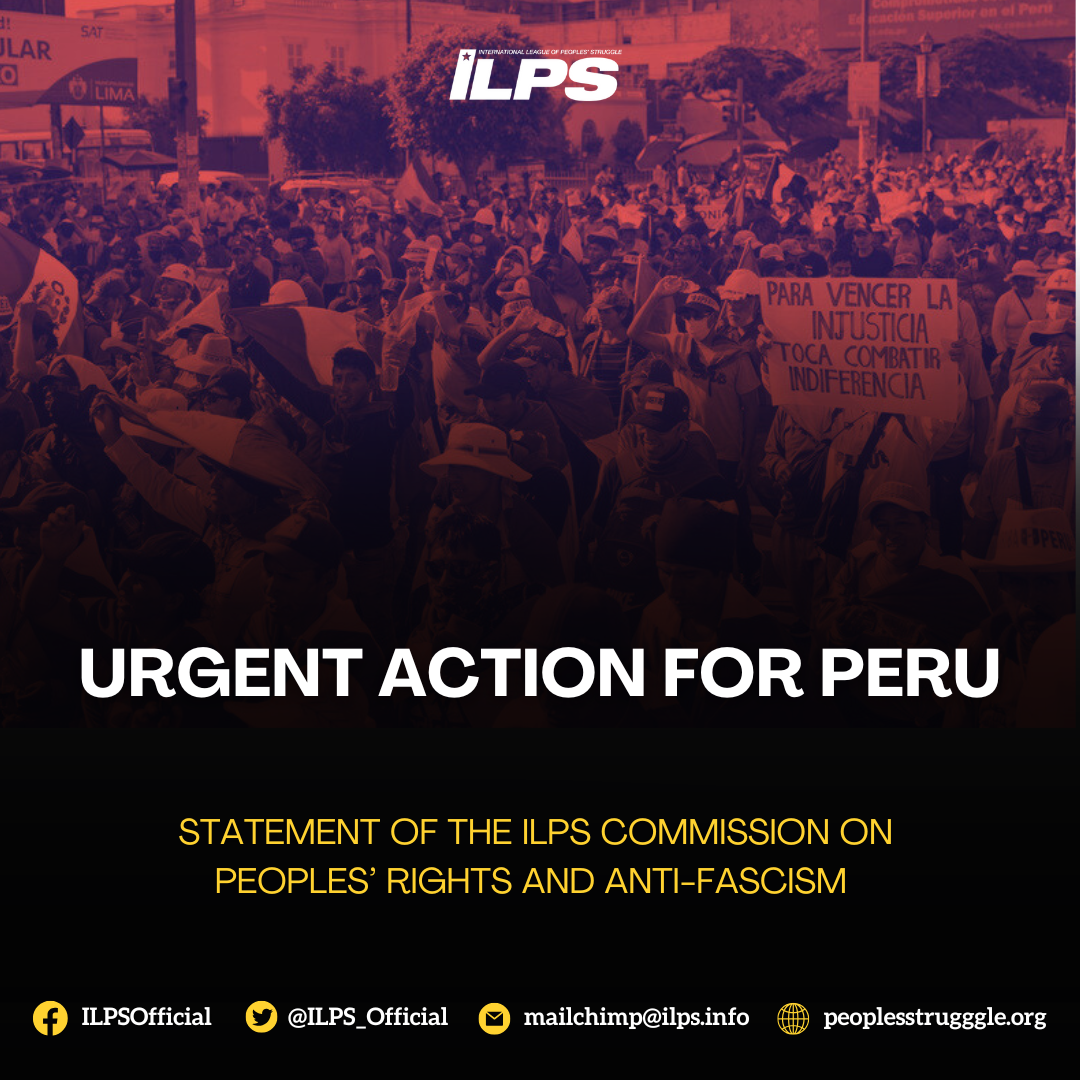OFFICE OF THE CHAIRPERSON, LEN COOPER

P.O. Box 23402, Docklands
Victoria, Australia 8012
Solidarity Statement
14 November 2019
Evo Morales was forced to resign by the mutiny of the armed forces and police backing the local elite class interests of the right-wing political opposition and supported by the U.S. through the US-headquartered Organization of American States (OAS). More violence is threatened but the people are not afraid. The struggle against U.S. imperialism continues with greater fervor and intensity.
Morales had called for new presidential elections despite having been declared the winner of the October 20 elections with 47 percent of the vote, and a 10 percent margin that removed the need for a second round. However, the right-wing opposition supported by the OAS refused to recognize the results and subsequent violence left three dead.
On 10 November 2019, after 19 days of street protests and violent police attacks following the election results, the military and police of Bolivia called for the resignation of President Evo Morales. In resigning, Morales declared that he did so under duress by the military, even as there was no proof that he rigged the elections as claimed by the rightist opposition and he was still the incumbent president up to January 2020 by virtue of his election prior to the recent election.
Since Morales was forced to exile, many Movement for Socialism Party (MAS) elected officials have resigned, saying they are doing so for fear of their own and their families’ safety. Morales’ house was ransacked and there was police abuse of power in the last several days. The far-right vice president of Bolivia’s Senate, Jeanine Anez, swore herself in as an un-elected “interim president”, to a nearly empty legislative chamber, which if legally convened still has a majority of members from Morales party MAS.
The Washington DC-based Center for Economic and Policy Research (CEPR) published a statistical analysis of the vote count which showed no signs of fraud or irregularities in the recent elections.
The Plurinational State of Bolivia rose from radical street movements against the privatization of natural resources. Two neoliberal presidents were overthrown through mass extra-parliamentary mobilization in under two years — Gonzalo Sánchez de Lozada in 2003, and Carlos Mesa in 2005, now the opposition leader. Morales became Bolivia’s first president of indigenous origin and won re-election twice before the disputed election this year. At least 65 percent of the Bolivian people identify themselves as indigenous, with the rest identifying themselves as mestizos and whites of mostly European origin.
Morales expelled the U.S. military bases in Bolivia, as well as the presence of the DEA and USAID, along with the U.S. ambassador. The U.S. presence in Bolivia, through military advisors and bases, was part of Washington’s “War on Drugs” policy in the region that historically allowed it interference in the internal affairs of Latin American countries.
For over 13 years, he and his people have shown that a better world is possible through the clear rejection of neoliberal policies and U.S. intervention. The Bolivian people championed “social community production,” supported by a strong participation of the state in strategic sectors and key industries. Instead of privatization and austerity measures espoused by the IMF, Morales has retaken control of key parts of the country’s economy from foreign corporations and the local oligarchs.
Through nationalization policies, not only of gas and oil, but telecommunications, water, electricity and a number of mines, Bolivia has massively increased its state revenues. These resources were invested in a range of state programs to modernize the country’s infrastructure and raise the standard of living for Bolivia’s poor. There were improvements in nutrition, healthcare, education and a decline in inequality.
As a result, the economy has more than tripled in size, had record economic growth levels and made it the fastest-growing economy in the region. The US does not want this to be a model for other peoples and nations. It wants to reverse the nationalization of the economy that was carried out by Morales and it aims to gain control over the newly discovered vast resource of lithium in Bolivia.
We, the ILPS reaffirm our unwavering support for Evo Morales and the people of Bolivia. We are in solidarity with them in their ongoing efforts to carry out a counter-offensive of mass protests against the rightist coup instigated and financed by US imperialism. We look forward to the return of Morales to Bolivia in a stronger position. If the people’s mass actions are suppressed, people’s war is justified to contend with a reactionary army servile to the US imperialism. We laud the peoples and governments of Cuba, Venezuela, Mexico, Nicaragua, Uruguay, and Argentina including progressive movements in Asia and Africa and other continents for standing against the US-instigated coup.
Long live the Bolivian peoples’ independence and resistance!
###




Viva International Solidarity!
Support the struggles of Bolivian people